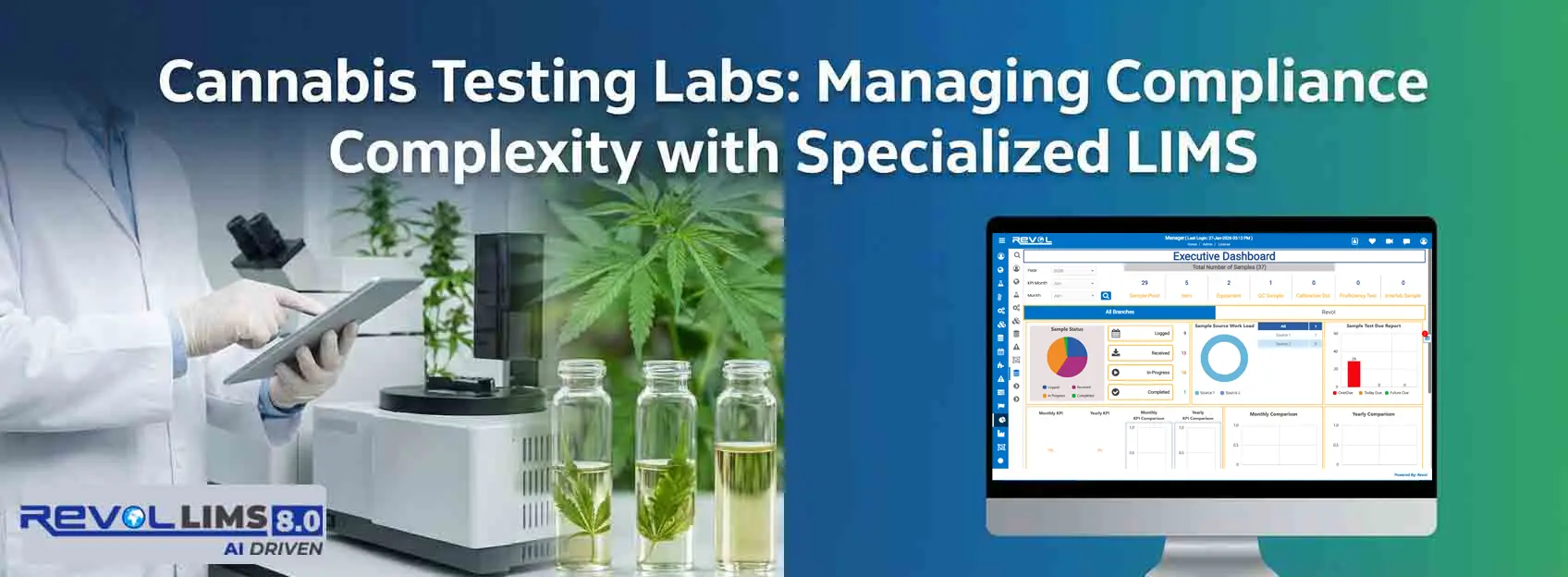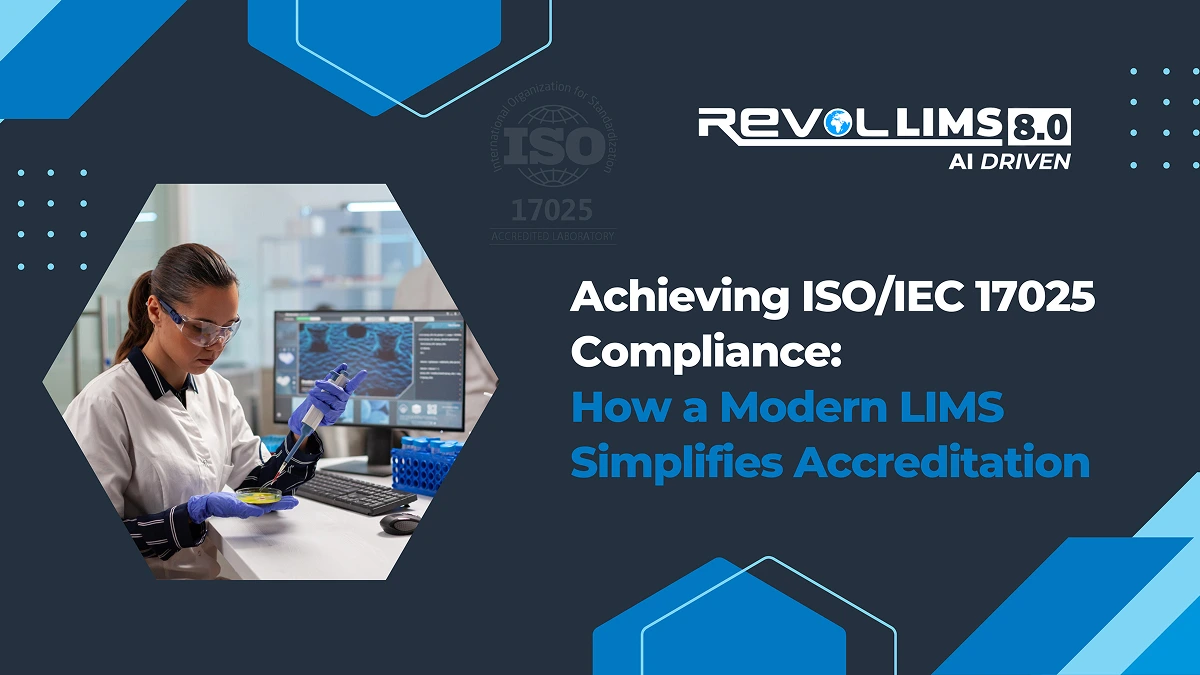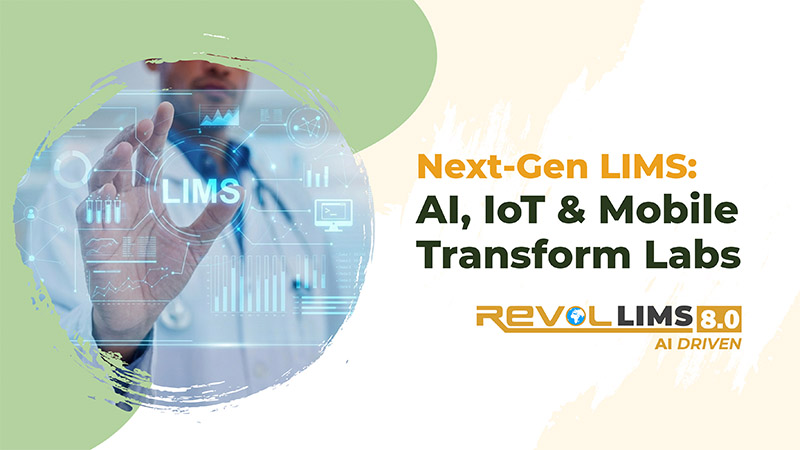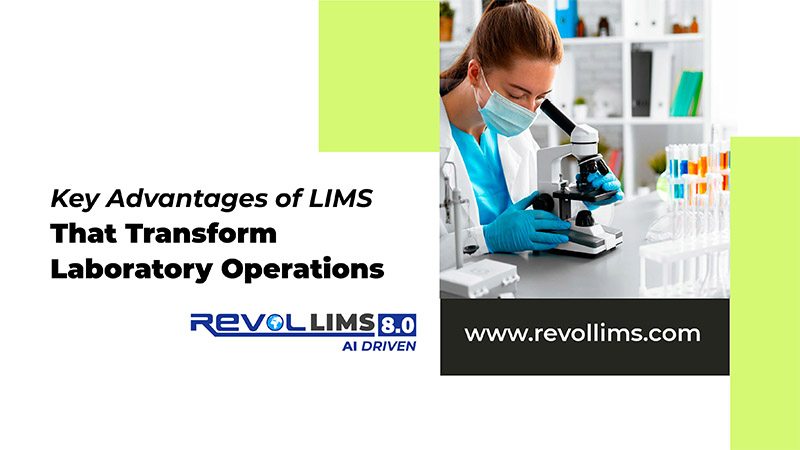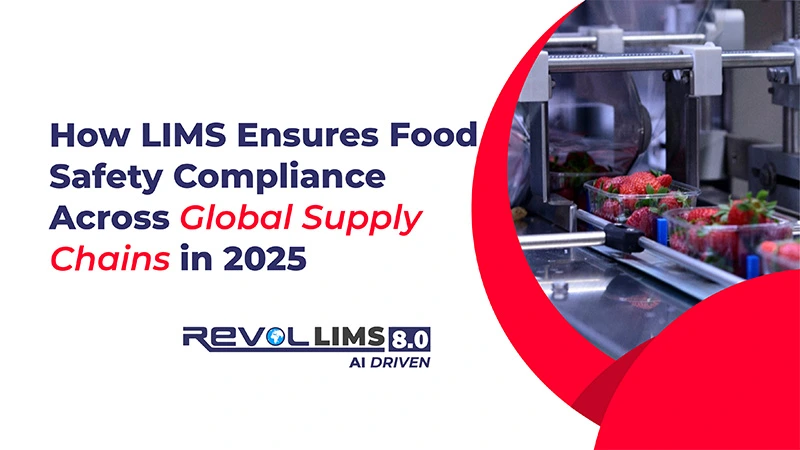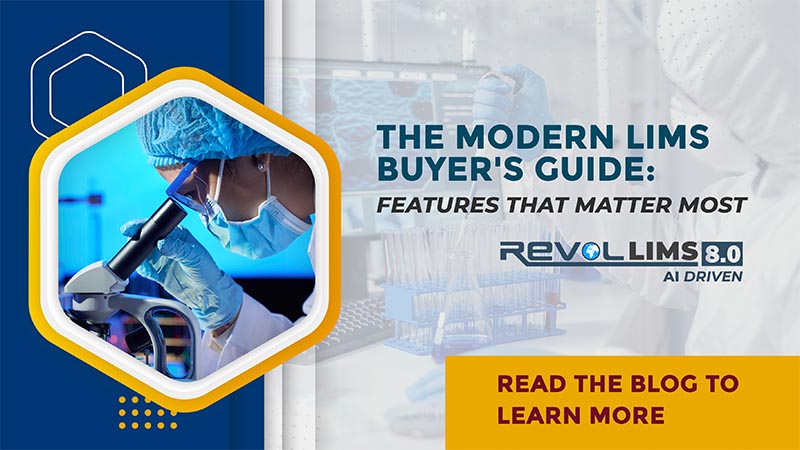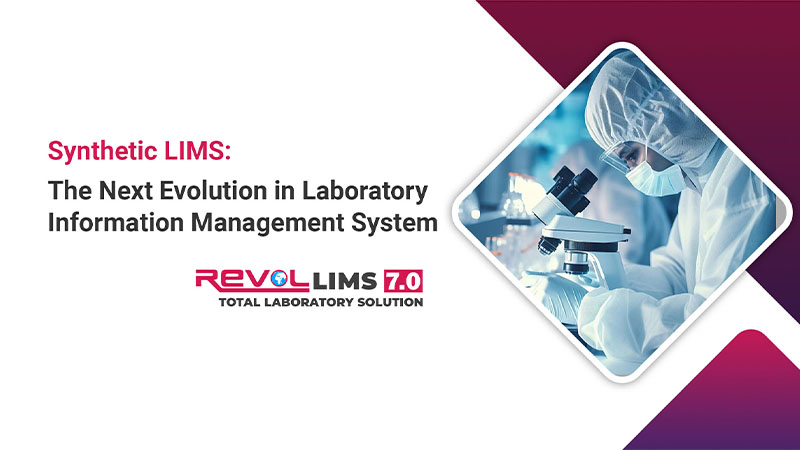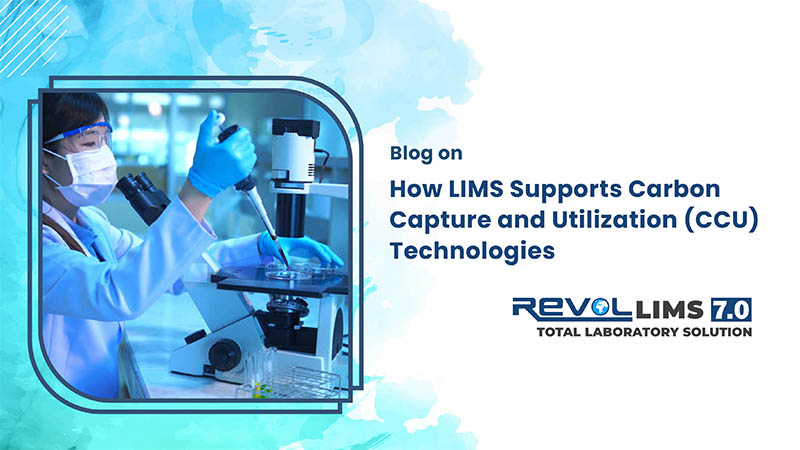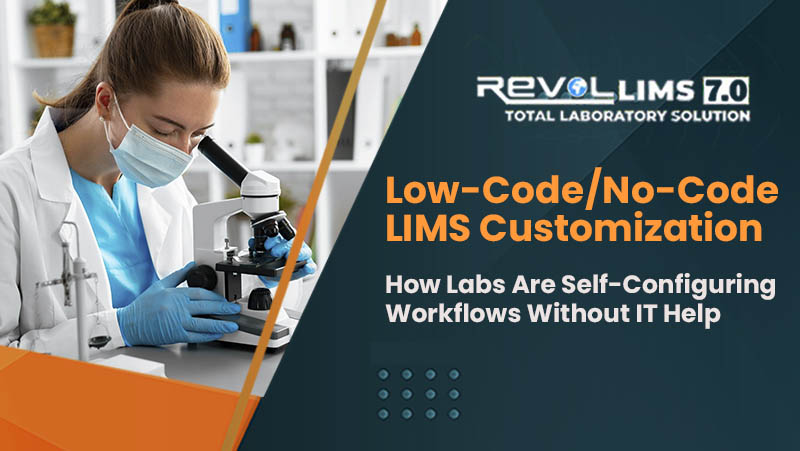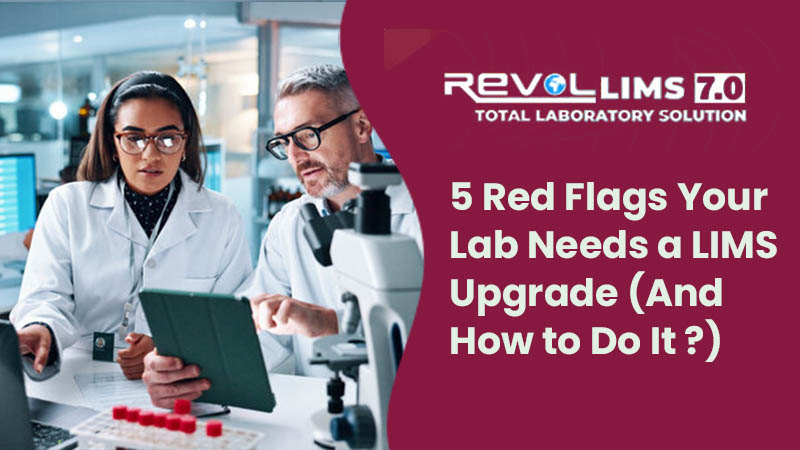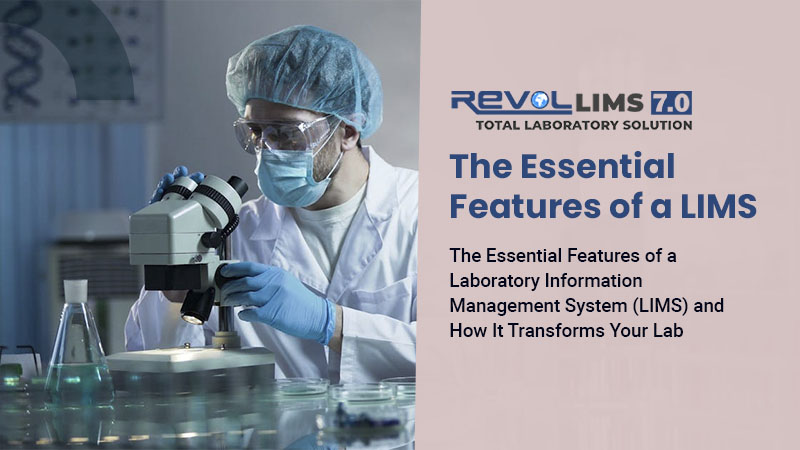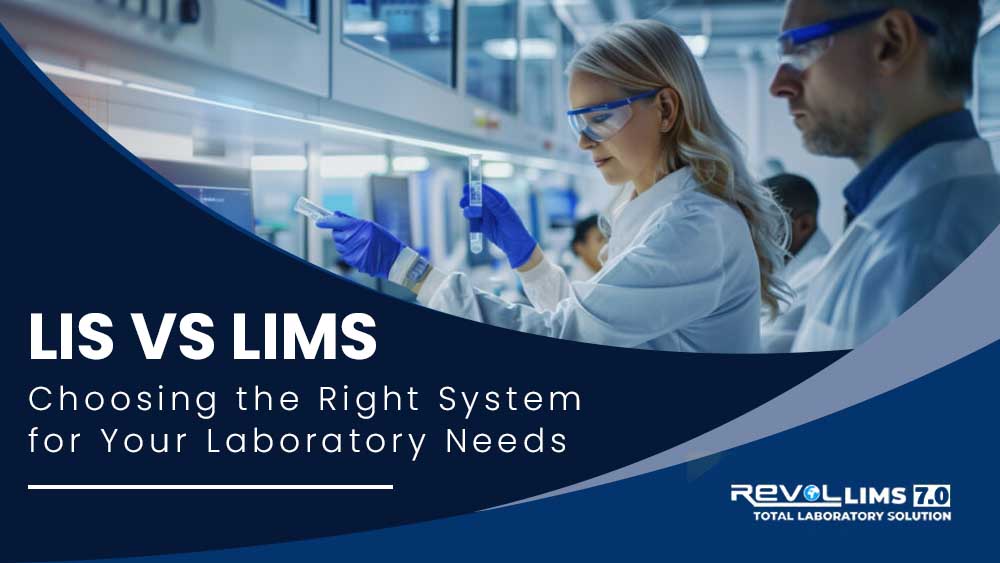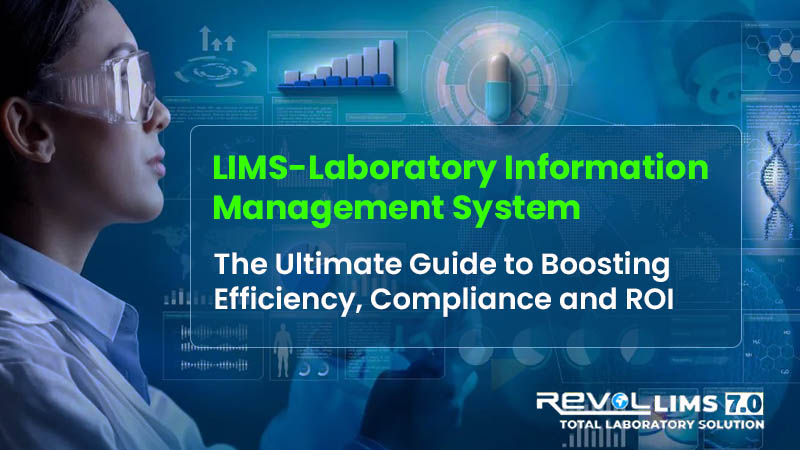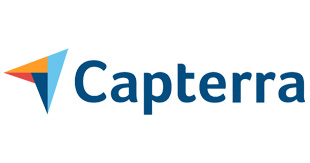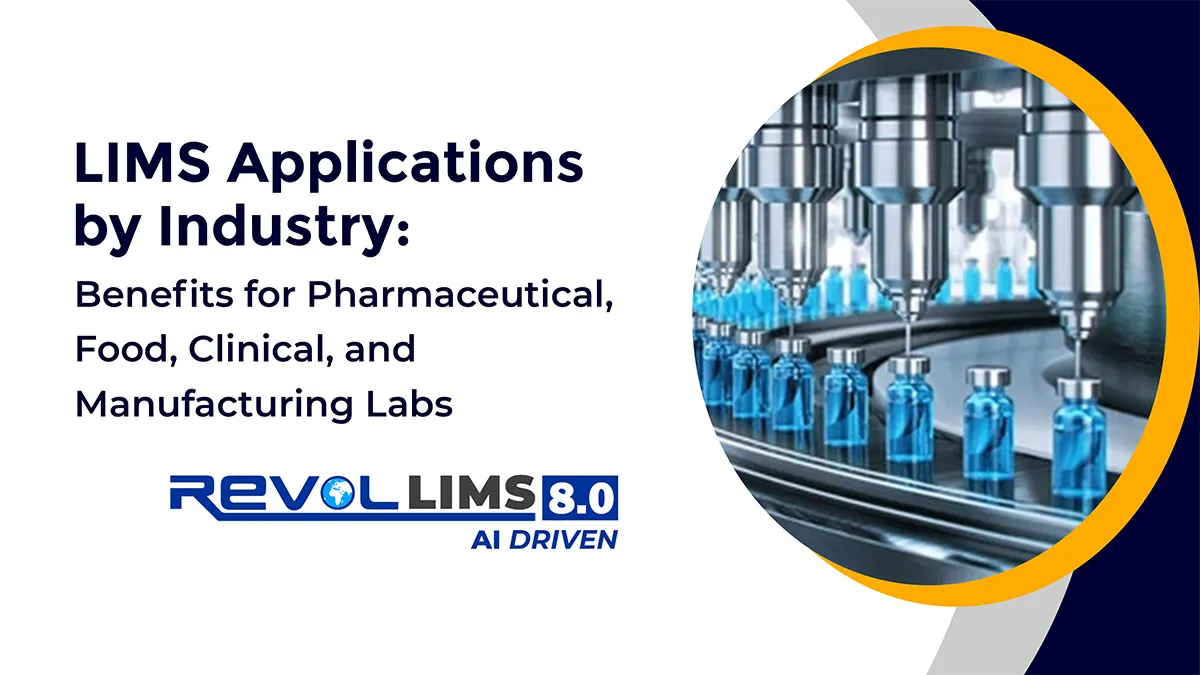
Introduction
Laboratories across diverse industries face mounting pressures : stringent regulatory requirements, increasing sample volumes, data integrity concerns, and the need for real-time insights. Whether you're managing drug stability studies in a pharmaceutical lab, conducting microbiological testing in a food facility, processing patient samples in a clinical setting, or ensuring quality control in manufacturing—the challenges are both industry-specific and universally complex.
A Laboratory Information Management System (LIMS) has evolved from a simple sample tracking tool to a comprehensive platform that addresses these multifaceted challenges.Modern LIMS solutions like Revol LIMS consolidate functionalities that traditionally required multiple systems, enabling laboratories to streamline operations, ensure compliance, and drive productivity across global operations.
This comprehensive guide explores how different industries leverage LIMS technology, the specific applications tailored to each sector, and the tangible benefits that make LIMS an indispensable tool for modern laboratories.
What is LIMS and Why Does It Matter?
A Laboratory Information Management System (LIMS) is specialized software designed to manage laboratory samples, associated data, workflows, instruments, and reporting procedures. Unlike generic database systems, LIMS is purpose-built to address the unique operational and regulatory demands of laboratory environments.
Today's LIMS platforms extend far beyond traditional sample tracking. They integrate with laboratory instruments, automate workflows, manage inventory and reagents, ensure regulatory compliance, and provide real-time analytics—all within a unified platform. This consolidation eliminates data silos, reduces manual errors, and enables laboratories to operate with unprecedented efficiency and accuracy.
The importance of LIMS becomes evident when considering the regulatory landscape. Laboratories must comply with standards such as ISO 17025, FDA 21 CFR Part 11, CAP, and industry-specific regulations. Manual processes and disconnected systems create compliance risks, audit challenges, and data integrity issues. A robust LIMS addresses these concerns while simultaneously improving operational efficiency and reducing costs.
LIMS in the Pharmaceutical Industry
Applications
The pharmaceutical industry operates under some of the most stringent regulatory frameworks globally. Pharmaceutical laboratories conduct diverse testing activities—from raw material analysis and in-process quality control to finished product testing and stability studies. Each activity generates critical data that must be meticulously documented, traceable, and audit-ready.
Key pharmaceutical LIMS applications include :
Stability Management :
Pharmaceutical products require extensive stability testing to determine shelf life and storage conditions. Revol LIMS's dedicated stability management module automates study setup, scheduling, sample pull notifications, and trending analysis. This ensures compliance with ICH guidelines while reducing the administrative burden on laboratory staff.
Method Management and Validation :
Pharmaceutical testing relies on validated analytical methods. LIMS enables centralized method storage, version control, and validation documentation. When methods change, the system ensures all affected tests and SOPs are updated consistently across multiple facilities.
Chain of Custody :
For clinical trial samples and investigational products, maintaining an unbroken chain of custody is critical. LIMS tracks every sample movement, transfer, and handling event with timestamps and electronic signatures, providing the documentation required for regulatory submissions.
Batch Release Testing :
Before pharmaceutical products reach patients, they must pass comprehensive quality testing. LIMS orchestrates the entire batch release workflow—from sample collection and test assignment to results review, approval, and certificate generation. Automated notifications ensure timely releases while maintaining quality standards.
Benefits
The pharmaceutical industry realizes substantial benefits from LIMS implementation :
Regulatory Compliance :
Revol LIMS is designed to meet FDA 21 CFR Part 11 requirements with features like electronic signatures, complete audit trails, and data integrity controls. These built-in compliance features significantly reduce the risk of warning letters and regulatory setbacks.
Accelerated Product Release :
Automated workflows and real-time visibility into testing progress enable faster batch release decisions. One pharmaceutical manufacturer reported reducing their average release time by 40% after implementing Revol LIMS, directly impacting time-to-market and inventory costs.
Data Integrity :
The system's zero-footprint architecture and controlled data access ensure that original data remains immutable. Any modifications are tracked with complete audit trails, addressing the FDA's data integrity guidance requirements.
Cross-Site Standardization:
Global pharmaceutical companies benefit from Revol LIMS's ability to standardize workflows, methods, and reporting across multiple laboratory sites. This consistency simplifies technology transfers, regulatory inspections, and corporate oversight.
_LIMS in Food and Beverage Testing Labs
Applications
Food and beverage laboratories face unique challenges : rapid turnaround requirements, diverse sample matrices, seasonal volume fluctuations, and evolving food safety regulations. These laboratories conduct microbiological testing, nutritional analysis, contaminant screening, and authenticity verification to ensure product safety and quality.
Critical food testing LIMS applications include :
Sample Lifecycle Management :
Food samples arrive with varying conditions and requirements—some requiring immediate testing, others needing specific storage conditions. Revol LIMS tracks samples from receipt through disposal, managing storage locations, retention periods, and environmental conditions. Mobile applications enable laboratory technicians to scan barcodes and update sample status in real-time, even in cold storage areas.
Microbiological Testing Workflow :
Microbiology tests require multiple incubation periods and sequential observations. LIMS automates the scheduling of these observations, sends reminders to analysts, and captures time-stamped results at each checkpoint. This automation ensures test integrity and prevents missed observations that could invalidate entire test runs.
Allergen and Contaminant Tracking :
With increasing consumer awareness of allergens and contaminants, food laboratories must detect and quantify these substances accurately. LIMS manages the complex calculations, dilution factors, and regulatory limits for allergen testing while flagging results that exceed safety thresholds.
Certificate of Analysis (COA) Generation :
Food manufacturers and distributors require COAs for their products. Revol LIMS automatically generates branded, professional COAs that can be shared through the client portal, reducing administrative time and improving customer service.
Benefits
Food testing laboratories experience transformative benefits from LIMS adoption :
Faster Turnaround Times :
The food industry operates on tight timelines—spoilage and market windows demand rapid test results. Automated workflows and priority management in Revol LIMS help laboratories meet aggressive TAT requirements. One food testing laboratory reduced their average turnaround time by 35%, enabling clients to make faster market decisions.
Traceability and Recall Management :
When food safety incidents occur, laboratories must quickly identify affected batches and products. LIMS provides complete traceability from raw materials to finished products, enabling rapid investigation and targeted recalls that minimize public health risks and brand damage.
Compliance with Food Safety Standards :
Revol LIMS supports compliance with ISO 17025, FSMA, and other food safety regulations. The system's document management module maintains SOPs, work instructions, and training records, ensuring laboratories can demonstrate compliance during audits.
Client Portal Access :
Food manufacturers increasingly demand real-time access to testing results. Revol LIMS's client portal allows authorized customers to view sample status, download COAs, and access historical data—improving transparency and reducing phone inquiries to laboratory staff.
LIMS in Clinical and Diagnostic Laboratories
Applications
Clinical laboratories process patient samples that directly impact healthcare decisions. These laboratories must balance speed, accuracy and regulatory compliance while managing high sample volumes and diverse test menus. The consequences of errors are severe—incorrect results can lead to misdiagnosis, inappropriate treatment, and patient harm.
Essential clinical LIMS applications include :
Patient-Centric Sample Management :
Clinical samples are linked to patient demographics and clinical information. Revol LIMS securely manages this sensitive data while maintaining HIPAA compliance. The system tracks sample collection, accessioning, aliquoting, and testing across multiple departments and instruments.
Instrument Integration :
Modern clinical laboratories utilize numerous automated analyzers. LIMS bidirectional instrument integration enables automatic test ordering, result import, and quality control monitoring. This integration eliminates manual transcription errors and accelerates result reporting.
Delta Check and Critical Value Alerts :
Clinical LIMS performs automatic delta checks, comparing new results against previous patient values to detect unusual changes. Critical value alerts immediately notify physicians when results fall outside life-threatening ranges, enabling rapid clinical intervention.
Statistical Quality Control (SQC) :
Clinical laboratories must run quality control samples regularly to ensure test accuracy. Revol LIMS's integrated SQC module tracks control results, generates Levey-Jennings charts, applies Westgard rules, and automatically blocks result reporting when quality control fails—protecting patient safety.
Benefits
Clinical laboratories realize mission-critical benefits from LIMS implementation :
Improved Patient Safety :
Automated quality checks, critical value alerts, and delta checking reduce the risk of reporting erroneous results. The complete audit trail ensures accountability and enables investigation when issues arise.
Regulatory Compliance :
Clinical laboratories must comply with CAP, CLIA, and ISO 15189 requirements. Revol LIMS provides the documentation, quality control, and proficiency testing management needed to maintain accreditation and pass inspections.
Enhanced Operational Efficiency :
With mobile applications and real-time dashboards, laboratory staff can monitor workflow bottlenecks, pending samples, and instrument status. This visibility enables proactive management and resource allocation, reducing turnaround times and preventing delays.
Scalability :
As clinical laboratories expand test menus or open new locations, Revol LIMS scales seamlessly. The configurable workflow engine accommodates new tests without custom programming, and the 100% web-based architecture enables global access without infrastructure investments at each site.
LIMS in Manufacturing Quality Control Labs
Applications
Manufacturing quality control laboratories ensure that products meet specifications before reaching customers. These laboratories test raw materials, in-process samples, and finished goods across diverse industries—chemicals, electronics, automotive, consumer products, and more. The testing scope ranges from physical properties and chemical composition to performance characteristics and reliability.
Key manufacturing QC LIMS applications include :
Incoming Material Inspection :
Manufacturing quality begins with raw material verification. LIMS manages the sampling plans, test assignments, and acceptance criteria for incoming materials. The system can automatically place holds on shipments that fail specifications and generate vendor performance reports to support supplier quality programs.In-Process Quality Monitoring :
Manufacturing processes generate continuous quality data that must be monitored for trends and deviations. Revol LIMS collects in-process measurements, applies statistical process control (SPC) rules, and alerts quality engineers when processes drift toward specification limits—enabling corrective action before defects occur.Certificate of Conformance (CoC) Management :
Manufacturers must provide CoCs documenting that products meet customer specifications. LIMS automates CoC generation by compiling test results, comparing them against specifications, and producing professional documents that can be automatically delivered to customers.Non-Conformance and CAPA Management :
When products fail specifications, manufacturing laboratories must initiate investigations, implement corrective actions, and verify effectiveness. Revol LIMS's integrated complaint and case management modules track non-conformances from detection through closure, ensuring issues are systematically resolved.Benefits
Manufacturing QC laboratories achieve substantial operational and financial benefits :Reduced Scrap and Rework :
Early detection of quality issues through in-process monitoring prevents the production of defective products. One electronics manufacturer reported a 28% reduction in scrap costs after implementing real-time SPC monitoring through Revol LIMS.
Faster Time-to-Market :
Streamlined testing workflows and automated approvals accelerate product release decisions. Manufacturing facilities can respond more quickly to customer orders and market opportunities without compromising quality standards.
Supply Chain Integration :
Revol LIMS integrates with ERP systems, enabling seamless data exchange between quality, production, and logistics departments. This integration ensures that quality holds automatically prevent shipment of non-conforming products and that CoCs accompany shipments without manual intervention.
Data-Driven Continuous Improvement :
The system's analytical capabilities enable manufacturers to identify quality trends, compare supplier performance, and optimize processes. Comparative analysis tools help quality teams understand which factors most significantly impact product quality, directing improvement efforts where they'll have the greatest impact.
Cross-Industry Benefits of Modern LIMS
While each industry has unique applications, several benefits transcend sectors :
Unified Platform for Global Operations
Organizations with multiple laboratory locations struggle with data silos and inconsistent processes. Revol LIMS's 100% web-based architecture enables laboratories worldwide to operate on a single platform. This consolidation provides :
- Standardized workflows across all sites
- Centralized data for corporate oversight and analysis
- Simplified IT management with zero-footprint deployment
- Consistent reporting for regulatory and customer requirements
AI-Powered Efficiency
Revol LIMS incorporates Gen-AI-based chat assistants that revolutionize how laboratory staff interact with data. Users can :
- Log samples using natural language commands
- Query complex data relationships without writing SQL
- Generate custom reports through conversational requests
- Receive intelligent recommendations for workflow optimization
This AI integration reduces training time, eliminates the need for specialized query tools, and makes laboratory data accessible to all stakeholders.
Comprehensive Compliance Framework
Regulatory compliance is non-negotiable across industries. Revol LIMS provides :
- Complete audit trails documenting every system interaction
- Electronic signatures meeting 21 CFR Part 11 requirements
- Role-based security controlling data access and modifications
- Document management maintaining current SOPs and training records
- Version control tracking changes to methods, workflows, and configurations
These compliance features transform regulatory audits from stressful events into routine demonstrations of controlled operations.
Real-Time Visibility and Analytics
Modern laboratories require immediate access to operational data. Revol LIMS delivers :
- Dynamic dashboards displaying key performance indicators
- Real-time status of samples, instruments, and resources
- Automated alerts for critical conditions and deadlines
- Trend analysis identifying patterns and anomalies
- Comparative reporting benchmarking performance across time periods or sites
This visibility enables proactive management, faster decision-making, and continuous improvement.
Conclusion : Choosing the Right LIMS for Your Industry
Laboratory Information Management Systems have become essential infrastructure for modern laboratories across pharmaceutical, food, clinical, and manufacturing sectors. The right LIMS transforms laboratory operations by automating workflows, ensuring compliance, improving data quality, and providing the real-time insights needed for informed decision-making.
Revol LIMS stands apart by consolidating functionalities that traditionally require multiple systems—sample management, stability studies, inventory control, document management, training, and more—into a unified, configurable platform. This consolidation simplifies laboratory operations, reduces IT complexity, and provides a true single source of truth for laboratory data.
Whether your laboratory conducts pharmaceutical stability studies, food safety testing, clinical diagnostics, or manufacturing quality control, Revol LIMS adapts to your specific requirements through configurable workflows, industry-specific modules, and seamless integration with your existing systems.
Ready to transform your laboratory operations?
Request a demo of Revol LIMS to see how our industry-leading platform can address your unique challenges and deliver measurable benefits.
